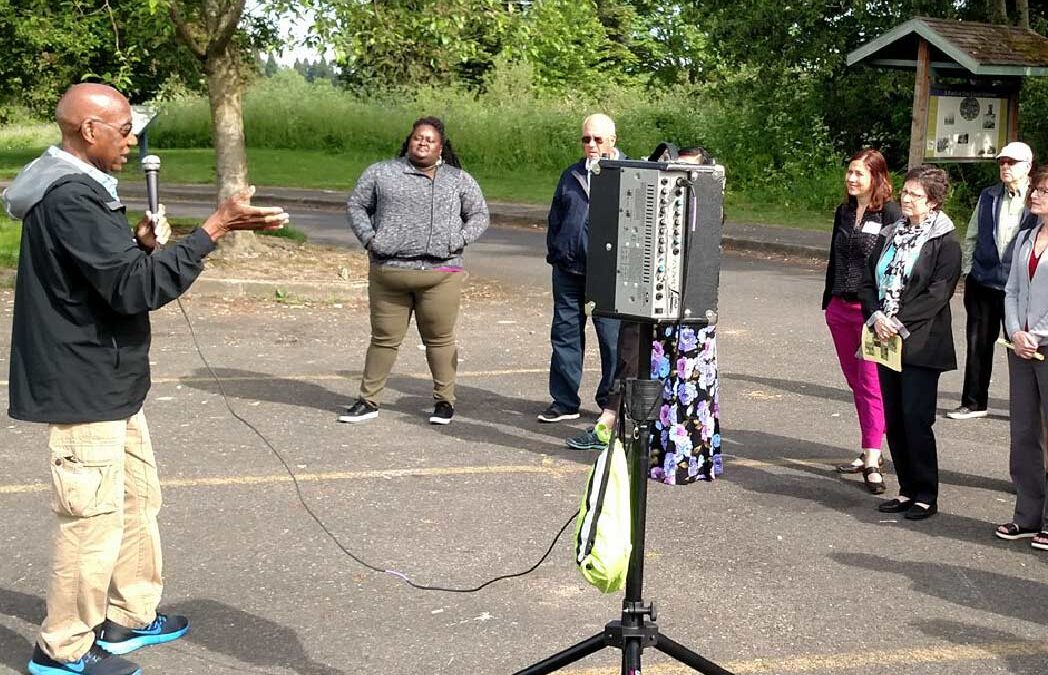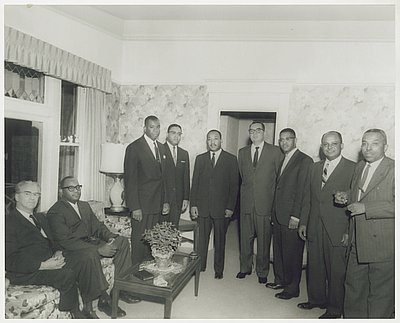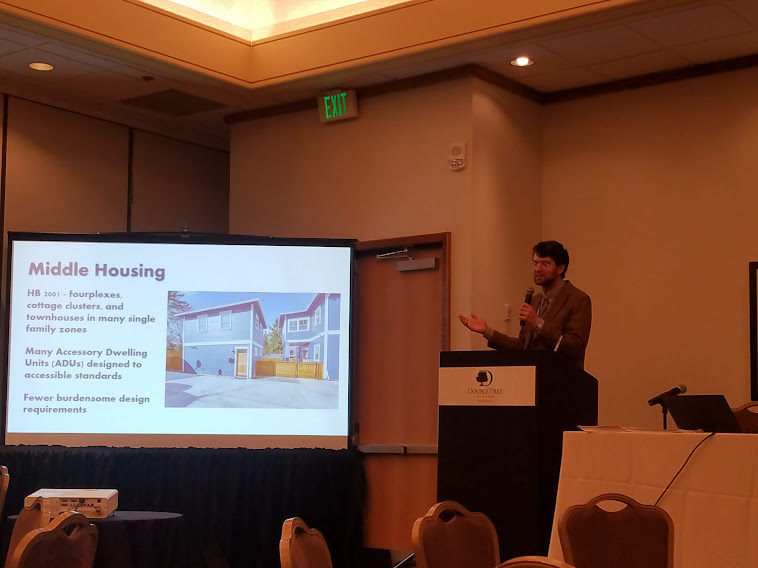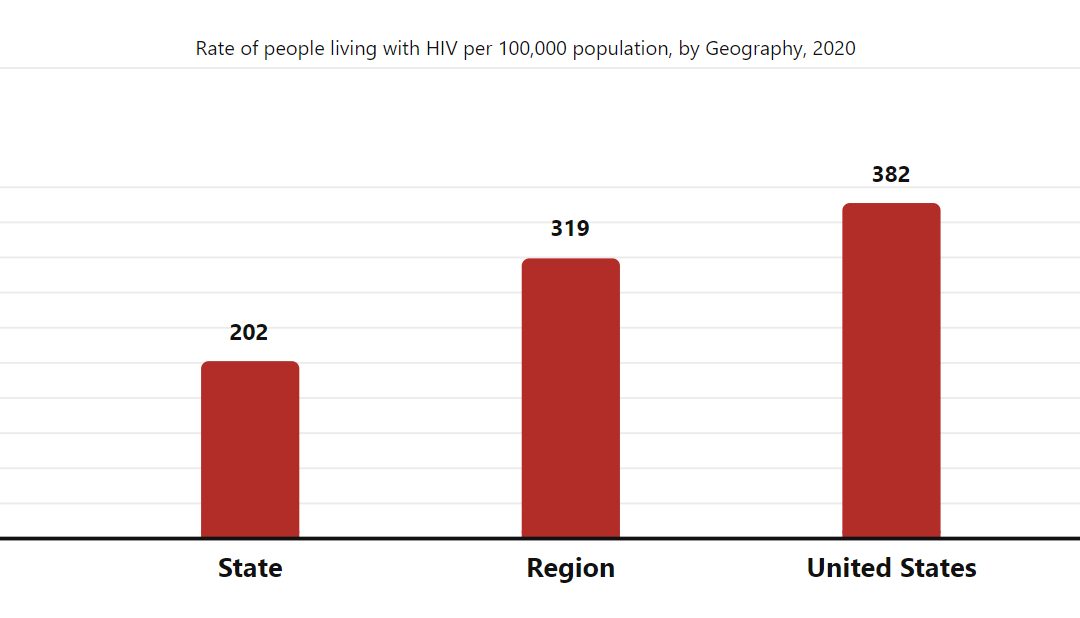Promoting justice, equity & inclusion in housing across Oregon.
“FAIR HOUSING IS NOT
AN OPTION. IT IS THE LAW.”
CARL HARRIS

What Is Fair Housing?
Fair housing involves the rights that all people have to choose housing free from unlawful discrimination practices based on “protected class status.” Federal, state, and local fair housing laws all play a part in protecting people seeking housing from illegal discrimination in any housing transaction, including rentals, sales, lending, and insurance.
Fair housing ensures access for everyone. Fair housing guarantees that regardless of your race, sex, national origin, religion, family situation, or level of ability, you have the right to find housing that fits your needs — with no outside biases or stereotypes imposed upon you. By promoting fair housing through education and enforcement, the Fair Housing Council of Oregon creates welcoming, inclusive, and diverse communities that reflect all Oregonians.
Click Here for ASL Translation
Our Mission to Serve
The Fair Housing Council of Oregon (FHCO) is a statewide civil rights organization whose mission is to eliminate illegal housing discrimination and ensure equal access to housing choice through education and enforcement of fair housing law. We are a nonprofit corporation, not a governmental agency. Since 1990, we have promoted equal access to housing statewide by providing education, outreach, technical assistance, and enforcement regarding federal, state, and local fair housing laws. Our goal is to help Oregonians recognize the signs of housing discrimination and develop solutions to eradicate it from housing decisions.
FHCO not only assists renters and homebuyers who’ve been denied access to properties or provided different terms and conditions in the application process. We also work with property managers and rental agents to show them how easy it is to comply with fair housing laws, and we help policymakers and social service providers craft strategies and solutions that determine better outcomes for all Oregonians.

What Does Housing Discrimination Look Like?
Housing discrimination takes many forms — sometimes blatant, oftentimes subtle. It does not just affect residents when they first seek to rent, purchase, or finance a home, but applies to all housing transactions, including insurance, land use regulations, zoning decisions, and neighbor-on-neighbor harassment.
2021 FHCO OREGON COMMUNITY IMPACT BY THE NUMBERS
CASES HANDLED
CALLS & EMAILS TAKEN
LANDLORD TRAININGS
BUS TOURS*
*All bus tours to date
WHO WE SERVE
Renters
The Fair Housing Council of Oregon advocates for tenants who experience illegal housing discrimination during the application process or while living in their rental home or apartment. We educate renters statewide about their rights under federal, state, and local law, and break down barriers to fair housing access through education and enforcement.

Homebuyers
Homebuyers might encounter illegal housing discrimination while searching for their new home, applying for a mortgage, acquiring homeowners’ insurance, or from neighbors after moving in. We work with buyers and sellers to understand their rights and obligations under fair housing laws, erasing a history of inequality and fostering equal access for all Oregonians.

Housing Providers
Housing providers often have good-faith questions regarding their obligations and responsibilities under fair housing laws and whether their policies fall short of meeting these commitments. Our mission is to offer training materials and solutions so that landlords, property managers, and home sellers proactively promote and embody fair housing practices and inclusion.

Social Service Providers
We partner with social service organizations statewide to educate their staff and clients on their housing rights and available resources to combat illegal housing discrimination. We offer resources and data for groups researching housing discrimination in Oregon and assistance with fair housing testing efforts to promote integrated and sustainable communities.

Policymakers and Planners
Government bodies at the state, county, and municipal levels all have a stake in affirmatively furthering the goals of ending illegal housing discrimination and promoting housing justice, equity, and inclusion. From land use decisions and zoning laws to mapping out long-term housing policy, we assist agencies, boards, and councils to integrate fair housing strategies into the decision-making process.
THE LATEST NEWS

Bus Tour Newsletter #29 – February 2023
*|MC:SUBJECT|* *|MC_PREVIEW_TEXT|* View this email in your browser In February we celebrate Black History Month. This month’s newsletter highlights modern Black history in Portland, focusing on the latter half of the 20th Century. Check out our February 2022 Bus...

Bus Tour Newsletter #28 – January 2023
View this email in your browser Did you know that the concept of fair housing came directly out of the civil rights movement and the work of Reverend Dr. Martin Luther King Jr.? We celebrate the impact of Dr....

Winter 2022 Newsletter
*|MC_PREVIEW_TEXT|* View this email in your browser Message from our Executive Director Executive Director, Allan Lazo. Gratitude For Our Work Together This Year This time of the year offers so many endearing and timeless traditions, from cultural and religious...

Bus Tour Newsletter #27 – December 2022
*|MC_PREVIEW_TEXT|* View this email in your browser World AIDS Day takes place each year on Dec. 1 and International Day of People with Disabilities takes place each year on Dec. 3. This month’s newsletter covers the history of...